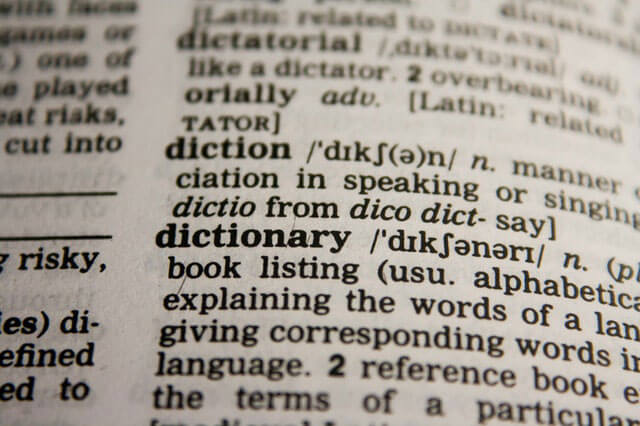What Is a Psychological Construct?
A psychological construct is a framework used to describe psychological phenomena, such as behavior, emotion, or experience. These things don’t have a physical presence, so they cannot be objectively measured by looking at their size, weight, or appearance. By labeling a construct, researchers can make inferences about these abstract concepts. Constructs are used in psychological…










